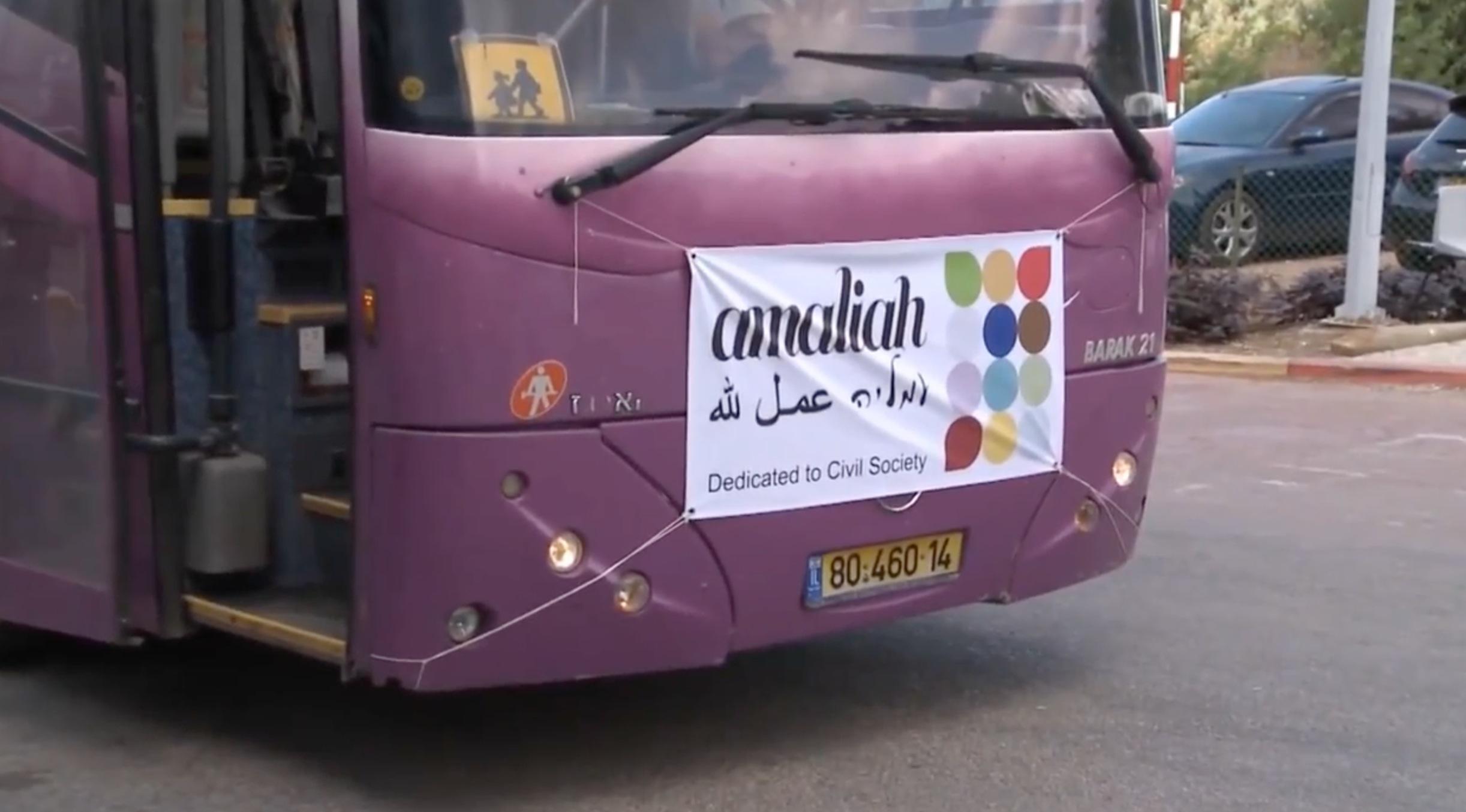Israeli man starts 'Good Samaritan' charity to get injured Syrian women and children to Israel for medical help
Remarkable initiative breaks down traditionally hostile relationship between Israelis and Syrians, whose countries have been in a state of war since Israel’s inception
Your support helps us to tell the story
From reproductive rights to climate change to Big Tech, The Independent is on the ground when the story is developing. Whether it's investigating the financials of Elon Musk's pro-Trump PAC or producing our latest documentary, 'The A Word', which shines a light on the American women fighting for reproductive rights, we know how important it is to parse out the facts from the messaging.
At such a critical moment in US history, we need reporters on the ground. Your donation allows us to keep sending journalists to speak to both sides of the story.
The Independent is trusted by Americans across the entire political spectrum. And unlike many other quality news outlets, we choose not to lock Americans out of our reporting and analysis with paywalls. We believe quality journalism should be available to everyone, paid for by those who can afford it.
Your support makes all the difference.An Israel-based charity providing health care for displaced Syrian women and children by taking them to Israeli hospitals is breaking down stereotypes and historical enmities, one case at a time.
Mordechai ‘Moti’ Kahana, an Israeli-American businessman and philanthropist, poured his own money into helping those displaced by the Syrian civil war in 2011. He sold his company and founded Amaliah, a New York-run charity focused on getting aid into the war-torn country., in 2013.
Mr Kahana told The Independent he was inspired to devote his time to helping the victims of Syria's complex war after a visit to the Holocaust Museum in Jerusalem in 2010. "Never again - not to us and to no one else," he said.
"I cannot let these people suffer and die and walk away from it. I just cannot do it."
Mr Kahana had to convince the Israeli authorities to let Amaliah operate despite the safety concerns, coordinating with both the Israeli Defence Forces and the Free Syrian Army rebel alliance to reach people in need.
As of September, Amaliah has managed to start a healthcare programme which takes buses of women and children from southern Syria across the border to Israeli medical facilities for check-ups and treatment at day clinics.
“In just one day we can save a kid's life from suffering, infection. Some kids they come in with one eye, they can't see,” Mr Kahana said. "In Syria they cannot take care of it. In hospital [in Israel] one hour later, that's it, the kid can actually see again."
Demand for Amaliah’s services is overwhelming. It is the only aid organisation of its kind operating in south Syria, and thousands of people get in touch through social media every day, the charity says.
Many of the adults and children treated haven’t seen a doctor in years, and those children in need of serious care end up staying.
The Israeli state has by and large tried to stay out of Syria’s bloody civil war. The initiative is notable for how it upends the political enmity traditionally felt by citizens of the two countries.
“I think they’re actually probably really hesitant to go to Israel for the first time, it takes them time to warm up and once they see that we’re here to help them,” Betsy Laikin, Amaliah’s media director, told Israeli TV.
An American-Jewish organisation working out of Israel to help Syrians, does surprise people, Ms Laikin added. But Mr Kahana’s efforts to help deal with the war’s fallout over the past few years has strengthened relationships between the charity with Syrians both inside the country and those who have left, she said.

Each bus can transport around 45 people at a time. Amaliah is aiming for one more trip before the end of the year, and hopes to give 10,000 Syrian civilians access to medical treatment at Ziv Medical Center in Safed in 2017.
The charity’s greater aim is to support projects that create partnership, stability and prosperity with the Middle East, their website reads.
“Let me tell you one thing. Those people, these kids, it’s [sic] someone like you… if we don’t care for them, don’t expect one day that something happens to us, somebody will care for us,” founder Mr Kahana said.
To find out more about Amaliah’s work, visit this link.

Join our commenting forum
Join thought-provoking conversations, follow other Independent readers and see their replies
Comments